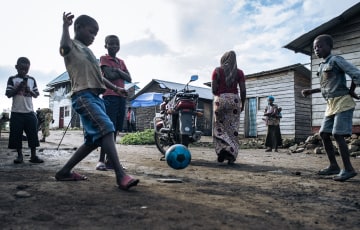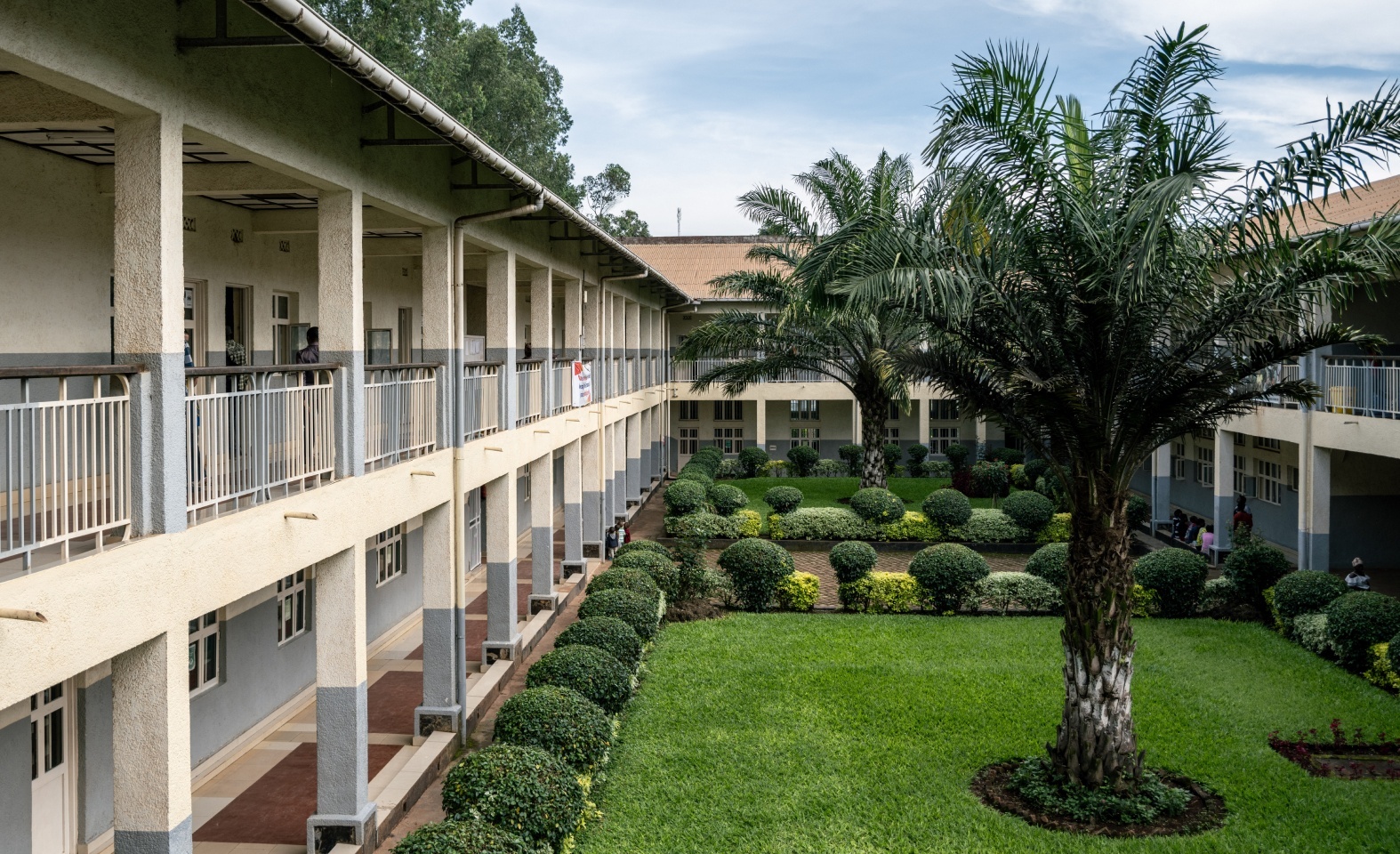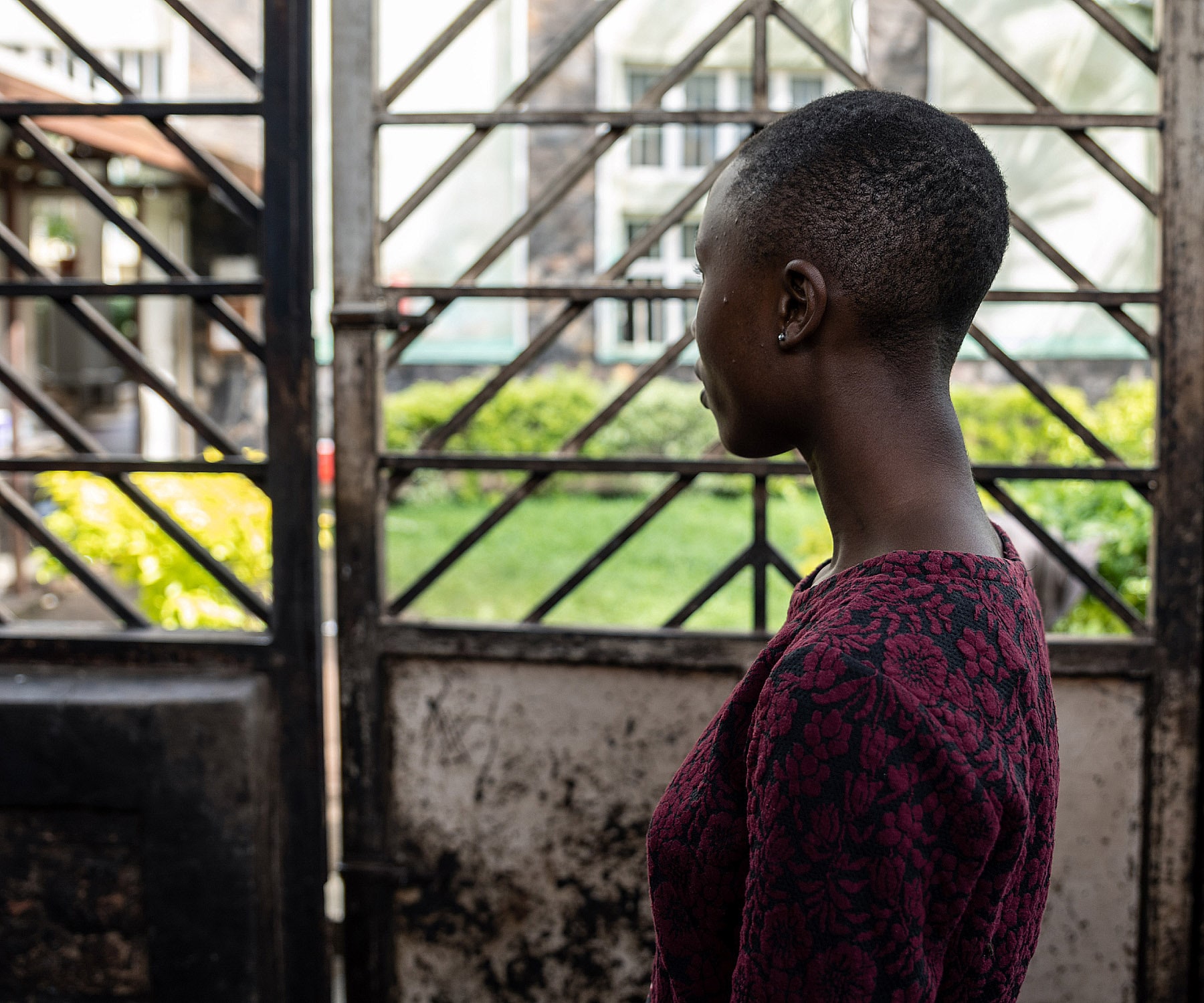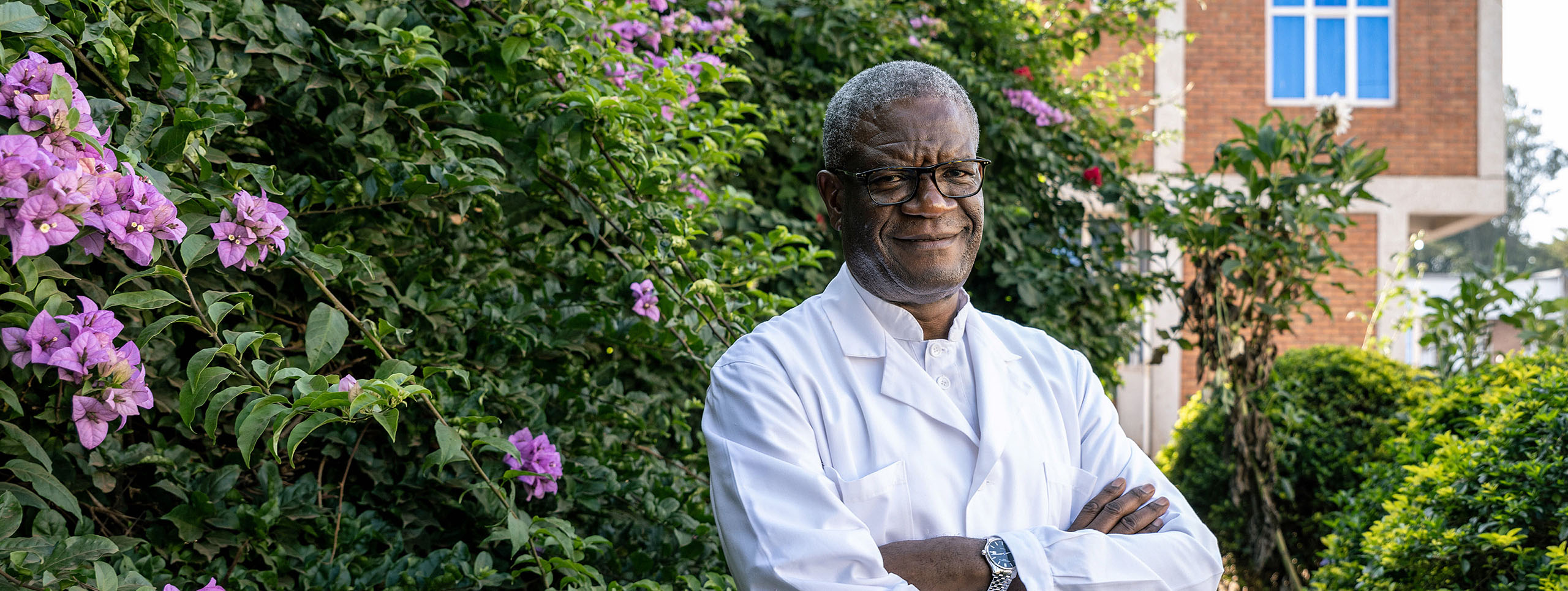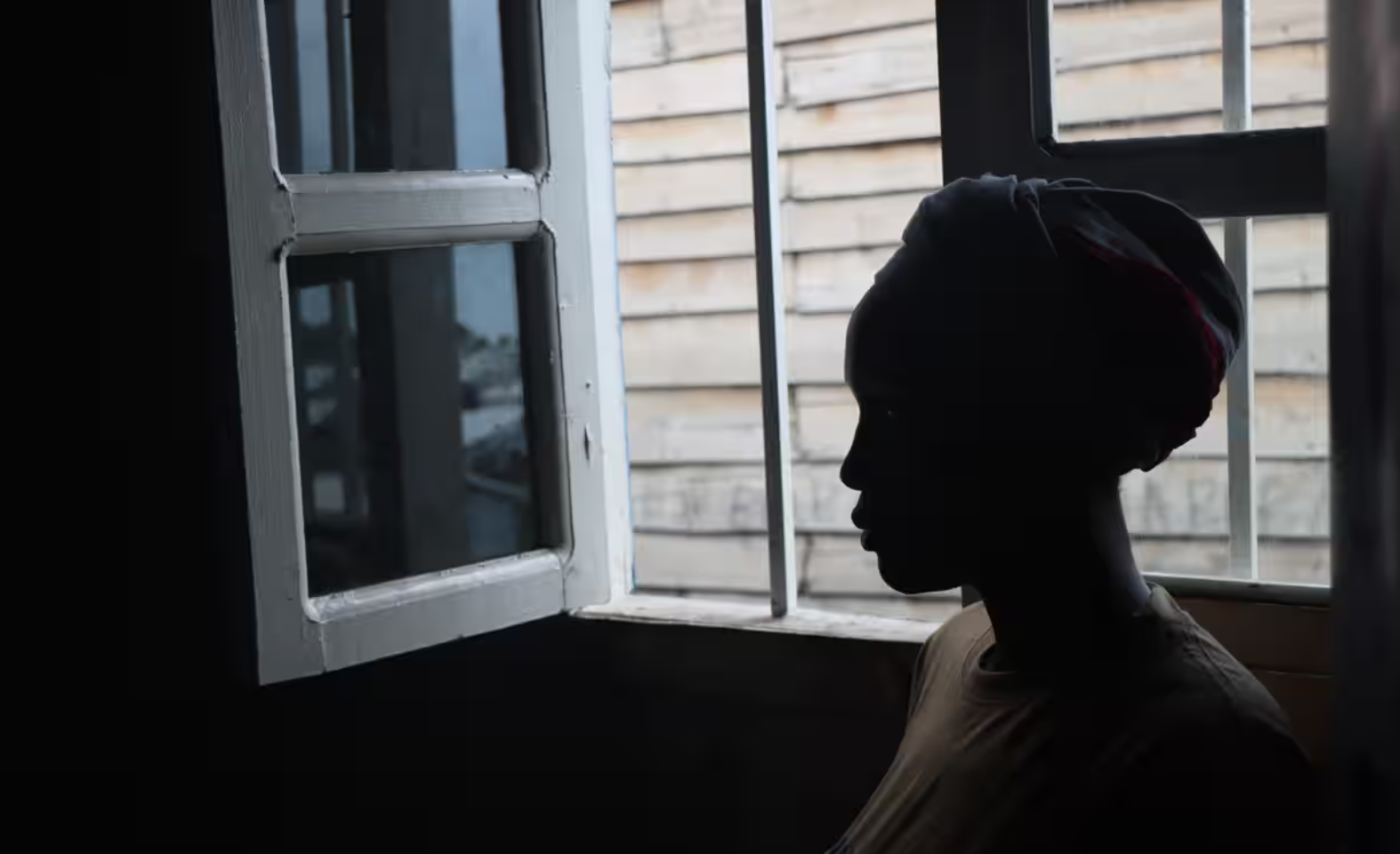On June 19, 2021, our thoughts are with all the victims of one of the most devastating weapons of war, rape and sexual violence as a strategy of domination and terror in times of conflict. A dehumanizing weapon which terrorizes families over several generations and which totally destroys the familial and social fabric. We also think of those strong women who, all over the world, have courageously decided to break the silence and who are fighting for justice, truth and for reparations.
On this International Day for the Elimination of Sexual Violence in Conflict, we pay tribute to these survivors in Kosovo, Iraq, Japan, Colombia, Central African Republic, Uganda, Ethiopia, Mali, Guinea, DRC and elsewhere. We think of the survivors and activists of the worldwide network of SEMA survivors who, every day, raise their voices, sometimes risking their lives, so that their experiences, which are part of our common humanity, are not forgotten. So that their stories never repeat themselves.
The appalling tales of all these victims resonate with us. The world can no longer listen to them and remain silent—we have a duty to commit to doing all we can to end sexual violence used as a weapon of war in every conflict across the world.
Every day for nearly thirty years, women, girls, men, boys, and even babies have been sexually assaulted by armed men in the DRC, often with extreme violence.
The priority is to be able to provide care for these victims so that they receive medical, psychosocial, legal assistance, and socio-economic reintegration assistance. Some 60,000 women have been cared for in our structures since 1999, but how many do not reach us?
How many do not survive physical trauma or commit suicide? How many dare not speak up and carry the weight of shame they shouldn’t carry?
This holistic care is essential, but it is not sufficient—victims and survivors also have the right to truth and to reparations.
The culture of impunity still prevails in the DRC, yet everyone knows that efforts for justice and accountability are the best tools to ensure the non-repetition of these heinous crimes.
We advocate for the establishment of transitional justice mechanisms to break the downward spiral of violence and impunity. Crimes against humanity—including sexual violence—have been ongoing for decades because perpetrators are rarely held accountable.
The only way for the country to move forward is to ensure that past and present crimes are brought to justice and that survivors and communities receive individual and collective reparations for the trauma they have suffered. suffered. It is fundamental to complete the healing process. We must go further than retributive justice so that all of society can reflect on the place of women in society, their economic position, the education we give to our children, etc.
“Faced with the absence of a strong and adequate response from the international community, we advocate the adoption of an international convention for the elimination of sexual violence as a weapon of war. The time has come to draw a red line against these crimes which shame our common humanity. A red line which would be synonymous with legal, political and economic sanctions.”
Dr. Denis Mukwege



